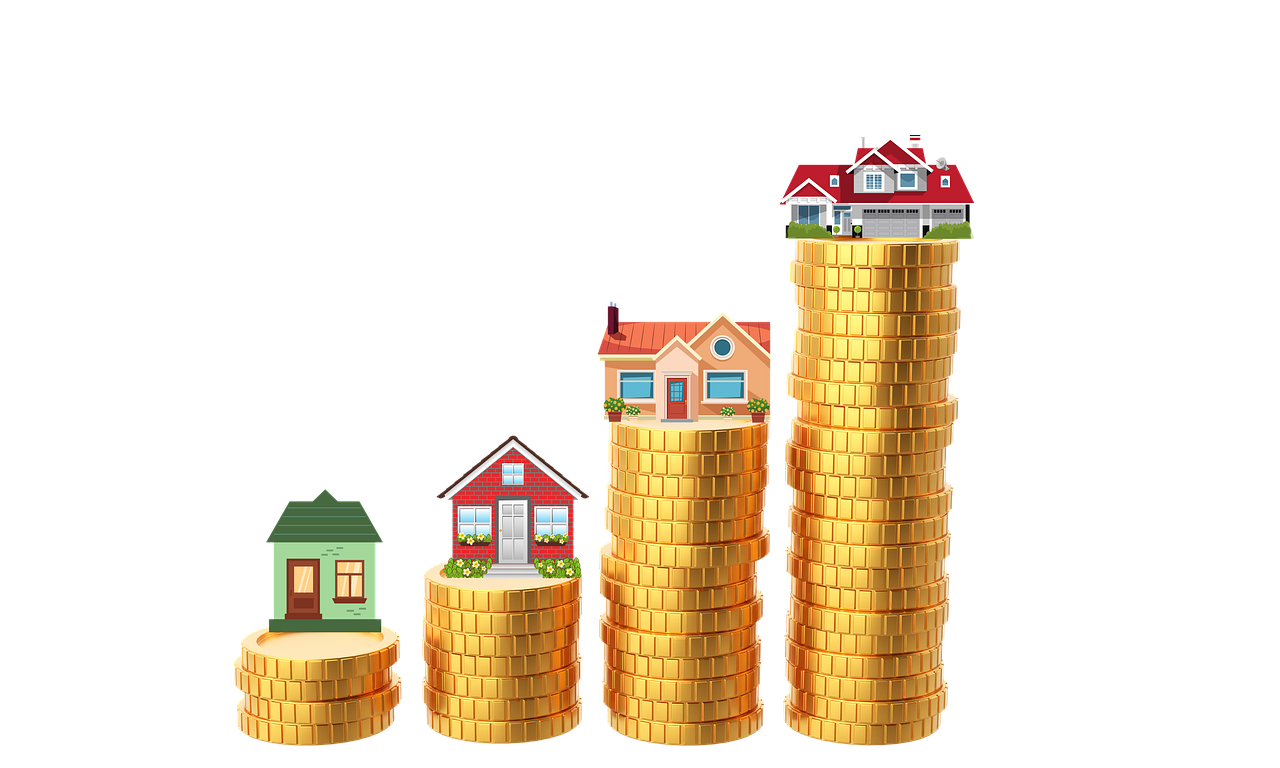When it comes to selling your home, one of the most critical decisions you’ll make is how to price it. While it might be tempting to start high “just to see what happens,” overpricing your home can actually hurt your chances of selling—and cost you more in the long run.
Here’s why getting the price right from day one matters, and what the data says about the dangers of overpricing.
First Impressions Count — Especially Online
In today’s real estate market, most buyers will first see your home online. If the price is outside their budget—or higher than comparable homes in the area—it’s likely to be skipped without a second look. According to the National Association of Realtors (NAR), 97% of homebuyers used the internet in their home search in 2023, and home listings get the most traffic in the first 7–10 days. Overpricing during this critical window can mean losing out on serious buyers.
The Longer It Sits, the Less It’s Worth
Overpriced homes often sit on the market longer, which sends a signal to potential buyers: “Something must be wrong with this place.” This perception leads to lower offers and more price reductions.
A Zillow study found that homes that required one or more price cuts sold for an average of 2.4% less than homes that were priced correctly from the start. Even worse, homes that lingered on the market for more than 30 days sold for 5% less on average.
You Miss the Right Buyers
Many buyers set up searches with price filters. If your home is worth $850,000 but you list it at $899,000, it may not show up in searches for buyers looking up to $875,000. In other words, you price yourself out of the sweet spot where the most active buyers are looking.
Redfin data shows that homes priced accurately generate 60% more interest and showings in the first two weeks compared to homes priced even 10% too high.
Appraisals Can Break the Deal
Even if you manage to get a buyer at a high price, the deal can fall apart during the appraisal. Lenders won’t approve a loan for more than the home is worth. If the appraisal comes in low, the buyer may back out or you’ll be forced to renegotiate.
According to CoreLogic, about 18% of real estate transactions fall through due to appraisal issues—a risk that rises when the listing price isn’t aligned with market value.
The Bottom Line
Overpricing your home might feel like you’re leaving room to negotiate, but the reality is it often backfires. A well-priced home creates buzz, attracts more qualified buyers, and ultimately sells faster—and often for more.
Quick Recap:
-
Homes get the most traffic in the first 7–10 days.
-
Overpriced homes can sell for up to 5% less after sitting.
-
Appraisal issues can kill deals if the price isn’t realistic.
-
You miss buyers who would’ve seen your home if priced right.
Working with a real estate professional who understands your local market and uses data-driven pricing strategies can help ensure your home is positioned to sell successfully. Pricing it right isn’t just important—it’s essential.


 Facebook
Facebook
 X
X
 Pinterest
Pinterest
 Copy Link
Copy Link

